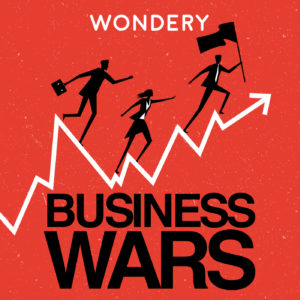Indicast and Bizination
I had my first brush with podcasts in 2007 and 2008. I had just moved to Singapore and this podcast called 'Indicast - Indians on India' caught my eye. It was a podcast with two guys - Abhishek Kumar and Aditya Mhatre - just talking to each other about news and happenings in India at the time. I found their style really relatable and for most part I thought it could have been me talking to my own friends. I remember listening to episodes about India's 2007 world cup performance and Pratibha Patil becoming India's first woman president, so I suppose it must have been in late 2007 and throughout 2008.
Through Indicast itself I was introduced to their sister podcast - Bizination which was a discussion about business news in India with one of the hosts of Indicast and another lady whose name I now do not remember.As a 15-16 year old, I did not particularly enjoy Bizination much but I do distinctly remember that it was on Bizination that I had first heard a discussion on the WTO and the Doha round of negotiations. It is testament what a disaster the Doha round has been, that more than eight years later when I was 80% through with my law degree and attending a summer school on WTO law organised by the Indian Institute of Foreign Trade and the World Trade Institute, Doha round negotiations and compromises on agricultural subsidies were still current and relevant topics of trade law and policy.
In any event, I do not know why but I seem to have stopped listening to Indicast, Bizination or indeed any podcasts sometime in 2008 because I started attending Meridian Junior College in 2009 and I do not recall listening to any podcast when I was there. I hear that Indicast went off the air for four years but has now relaunched in 2020. I haven't tried the new episodes
I was hoping to find something similar to Extremities but I finally stumbled across American Business Wars from Wondery where over every 5-6 episodes we hear a story of an epic business rivalry. The episodes super well researched and very well produced in a manner that the story is not only narrated but some parts are actually acted out as dialogues between the narrators. I loved the Starbucks v Dunkin series and the Nintendo v Sony series and there are also many others that I intend to try. Listening to this also took me down the rabbit hole to many other Wondery shows. Particularly interesting are Sports War which is on similar lines as Business Wars (I liked Serena v Venus and Brady v Manning) and American Scandal which tells the stories of outrageous scandals. I particularly liked their recounting of the Exonn Valdez oil spill and the fraud at Enron.







